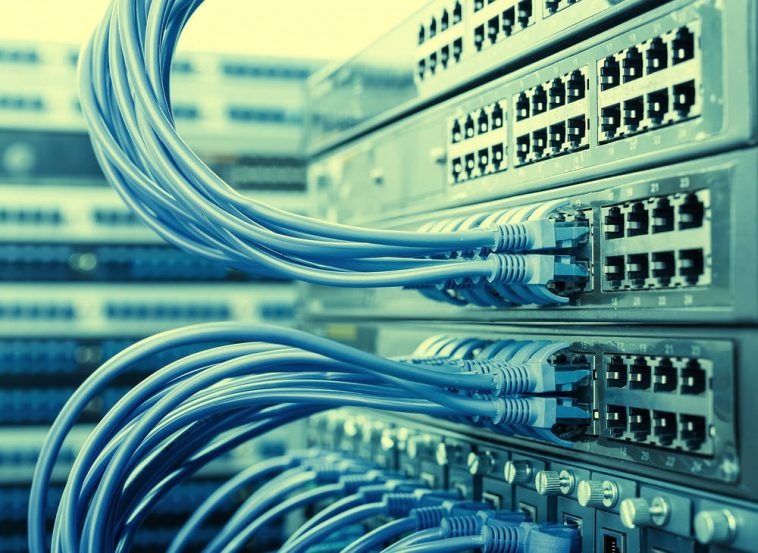Telecommunications companies in Kenya and Uganda recently experienced widespread internet outages after two submarine cables connecting South Africa and Kenya were damaged. The cables, owned by Eastern Africa Submarine System (EASSy) and Seacom, suffered faults that disrupted network services for several days.
On May 16th, 2024, Safaricom, a major telecom provider in Kenya, announced the restoration of network services to its subscribers after the cable repairs were completed. Similarly, Airtel Uganda reported that its internet services were back to “near normal” levels.
The cable repair vessel, Léon Thévenin, operated by Orange Marine, departed from Cape Town Harbour on May 14th, heading towards the fault locations. The ship, equipped with specialized tools for undersea cable repair, was expected to arrive at the site on May 18th.
This incident highlights the vulnerability of undersea cable systems, which are crucial for global internet connectivity. In February 2024, three subsea cables in the Red Sea, connecting Africa and Southeast Asia to Europe, were also damaged, causing significant disruptions.
The cause of the Red Sea cable damage was attributed to Houthi rebels in Yemen, who control a significant portion of the country’s telecommunications infrastructure, including part of TeleYemen, the nation’s international carrier.
The Yemeni government has reportedly prevented the repairs on one of the damaged cables, the Asia-Africa-Europe 1 (AAE-1) cable, due to an ongoing criminal investigation into the cable owners’ potential ties to the Houthi rebels.
According to reports, the Yemeni government has requested information from the AAE-1 submarine cable consortium, which includes TeleYemen, regarding their corporate transactions and ownership structures. The consortium members have been warned of potential criminal prosecution if they fail to comply with the investigation.
The situation in Yemen highlights the complexities involved in maintaining and repairing critical infrastructure, especially in regions affected by conflict and political instability. The potential involvement of terrorist groups in controlling telecommunications infrastructure raises concerns about the security and reliability of global internet connectivity.
As the world becomes increasingly reliant on digital communication, the protection and maintenance of undersea cable systems remain a crucial priority for ensuring uninterrupted internet access and enabling global connectivity.





